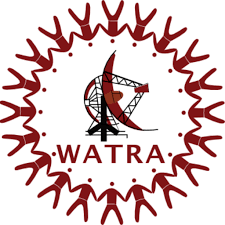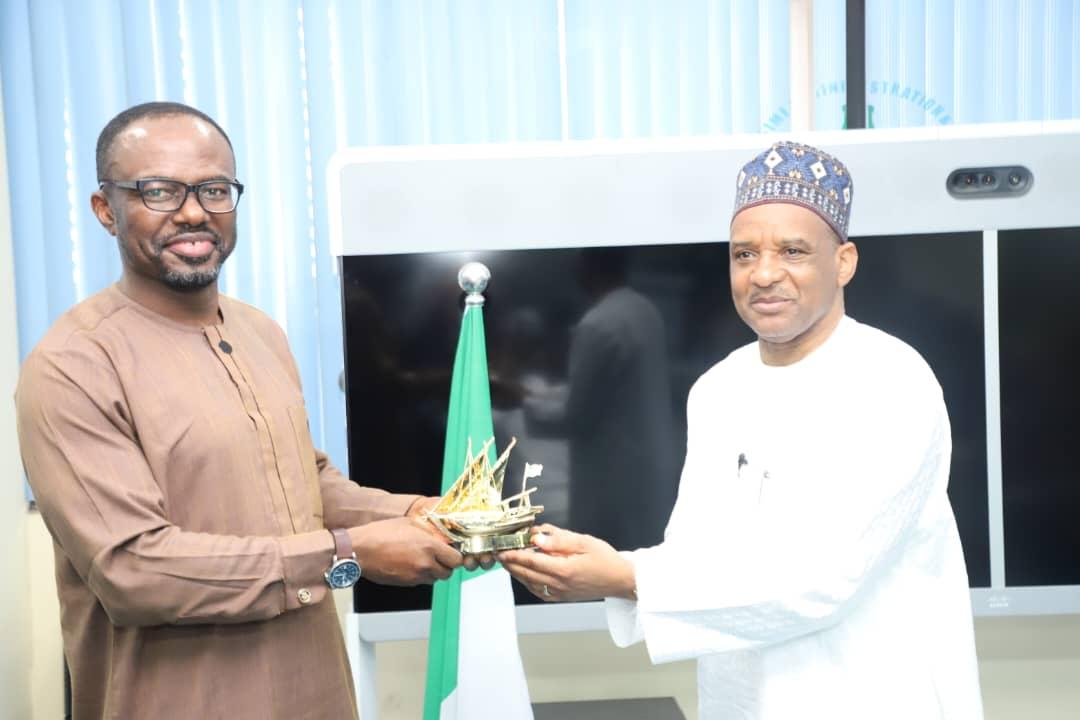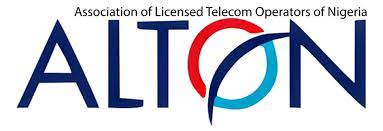Abuja, July 19, 2024 – The West African Telecommunications Regulatory Assembly (WATRA) says the digital economy in West Africa is contributing $30 billion annually to the regional Gross Domestic Product (GDP).
Aliyu Aboki, the Executive Secretary of WATRA, this at a virtual media session with the theme: “Driving Digital Transformation Prosperity Through Collaborative Regulations: The WATRA Agenda,”
He said that the west African telecommunications sector was integral to the Africa market, adding that the market was valued at $63.17 billion in 2024 with over 400 million mobile subscribers.
“Mobile internet penetration rose from 51% in 2019 to 62% in 2023, driven by investments and infrastructure development”.
Aboki said digital economy in West Africa had been evolving rapidly, driven by increasing internet penetration, mobile connectivity, and a growing tech-savvy youth population.
“The digital economy contributes around $30billion annually to the region’s GDP, highlighting its significant impact on economic growth.
“The e-commerce sector is growing at 20% annually, driven by increased internet access and consumer adoption, innovations in Fintech and logistics which are addressing challenges such as payment systems and trust in online transactions.
He added that, West Africa’s vibrant startup ecosystem, with over 600 tech startups, attracted $1.5 billion in investments in 2023.
“Accelerators, incubators, and co-working spaces are crucial in supporting entrepreneurs. A tech-savvy youth population is driving digital adoption, enhancing the region’s digital transformation,” he said.
“WATRA is not a regulator, but an association of regulators in the sub-region of West Africa, with a responsibility to improve telecoms service delivery in West Africa, through collaboration.
“WATRA’s role in all of these growth areas is that it supports and promotes regulatory harmonisation, facilitates infrastructure development and encourages development across the regulatory bodies in different West African countries. WATRA helps to bring speed of development in West Africa.”
“We will collaborate with the International Telecommunications Union (ITU) to leverage technology that will advance development in West Africa. We will ensure that new entrants in satellite and space technologies, maximise the benefits to enhance the growth of telecoms business across West African countries, and as well promote cybersecurity and data protection among member states.
“As well ensure that countries with more advanced telecoms infrastructure, share their experiences and methodologies with countries that have less telecoms infrastructure. From time to time, we bring different regulators together to discuss issues that will enhance regulations in their regions.
“For instance, some countries do not have policies on co-location of telecoms infrastructure and WATRA was able to help build the capacities of some of the regulators in such a way that it will attract investors to invest in their telecoms infrastructure rollout.”
“Another challenge is the disparity in tariff charges. Some countries with large number of subscribers like Nigeria charge lower tariff rate, while countries with smaller number of subscribers charge higher tariff rate. What we need in West Africa is a uniform tariff rate for roaming charges. We are working towards bilateral agreement between countries to achieve it”, he stated.
“WATRA is working towards improving the interconnectivity of infrastructure companies. Infrastructure companies should be able to interconnect within West Africa, instead of allowing our data to first travel to Europe before returning to West Africa.
“We need more of the West African data to be hosted in data centres located in West Africa and not in Europe in order to save cost. Our priority is to increase regional connectivity, reduce cost of data and enhance access to spectrum,” Aboki said. (GBN)





